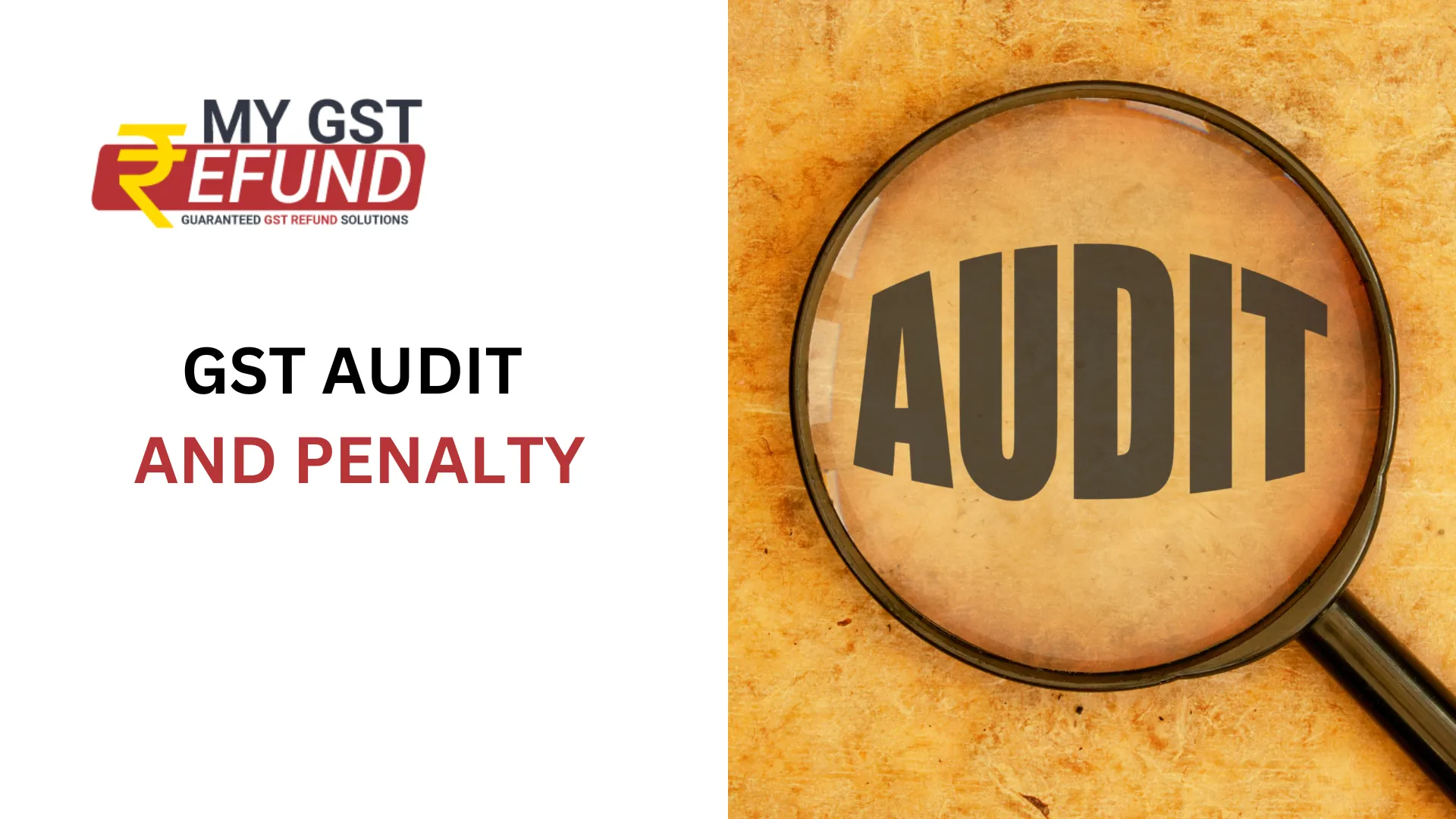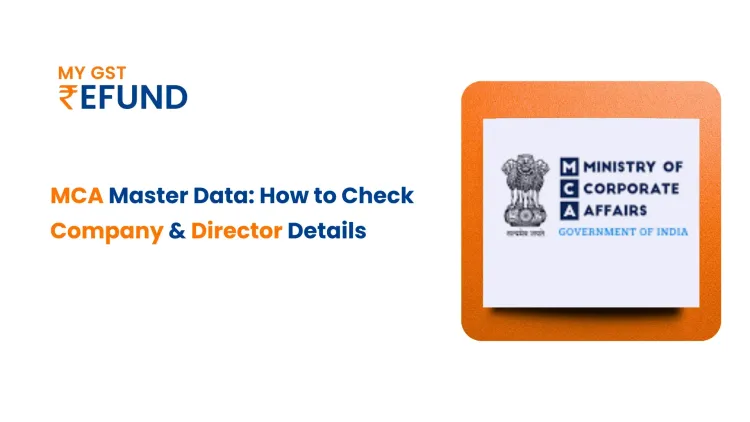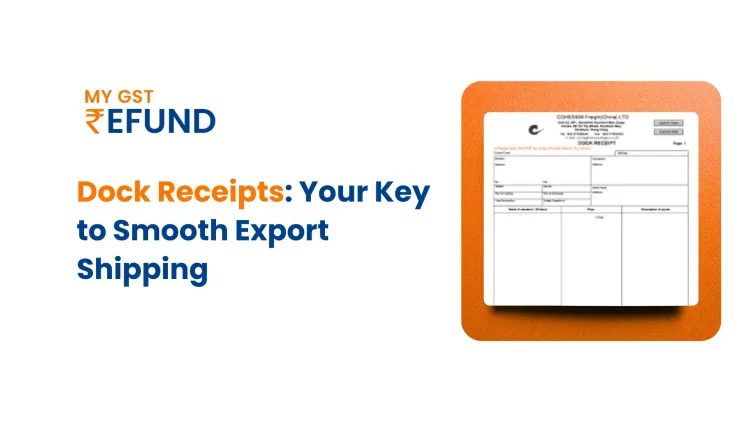GST AUDIT AND PENALTY
If you're a registered taxpayer in India and your total turnover in a financial year is over 2 crores, you need to get your accounts audited by either a Cost Accountant or a Chartered Accountant, as stated in Section 35(5) of the CGST Act. After the audit, you have to submit a copy of the GST audit report, financial statements, and reconciliation statement using Form GSTR 9C. This submission needs to be done once a year. If you're not familiar with GST audits, don't worry! This blog will give you all the information you need on "What GST Audit is and How to prepare for it."
What is a GST Audit ?
GST Audit is like a check-up to see if businesses are following the Goods and Services Tax (GST) rules. GST is a way of taxing where you have to figure out your taxes, pay them, and report what you've done. After that, the government or the business itself (if they make at least Rs 5 lakhs a year) does an audit. This is important because if you don't follow the rules, you might get fined.
Applicability of Audit Under GST
If a business sells goods or services worth more than Rs. 2 crore in a financial year, it needs to have its accounts checked. This means adding up all the sales made using its PAN number. The rule applies to all registered taxpayers, regardless of where they are located. There's no special limit for states or union territories.
EXCEPTION :
If the Central Government, State Government, or Legislative Assembly undergoes auditing by the Comptroller and Auditor General (CAG) or any statutory auditor appointed to audit the Legislative Assembly's accounts, they don't need to worry about the Goods and Services Tax (GST) audit.
Requirement of GST Audit
GST audit is necessary for a few reasons:
1. GST works on a self-assessment basis, meaning taxpayers assess their own tax liabilities. So, a GST audit makes sure taxpayers have calculated their taxes correctly.
2. It involves looking through records, GST returns, and other related documents to check for accuracy. The aim is to provide reasonable assurance that financial statements don't have any significant errors.
Types Of GST Audit
Mandatory GST Audit (by professionals)
As per Section 35(5) of the GST Audit rules, if a registered taxpayer's yearly turnover is over Rs. 5 crores, they must have their books of account and returns audited by a specialized chartered accountant. After that, they need to provide a certified copy of these audited accounts, along with a reconciliation statement, using Form GSTR 9C through the facilitation centers directed by the commissioner.
Special Audit (by Tax Authorities)
Section 66 and Rule 102 of the GST Audit Rules state that an authorized officer, typically at least an Assistant Commissioner, can seek help from a Chartered Accountant (CA) or Cost and Management Accountant (CMA) when auditing a business. This depends on the nature and complexity of the business.
If the officer suspects that the amount of credit claimed by the business is unusually high, they may request a more thorough audit using Form GST ADT-03. In this case, a professional CA or CMA will review the records, including the books of accounts, of the registered dealer within ninety days of the order being issued.
Objectives of GST Audit in India
Under the Central Goods and Services Tax (CGST) Act, GST audits aim to achieve these goals: Ensure the security of tax returns, financial records, and similar documents. Check if the returns, records, and documents are kept according to GST laws.
Make sure that claimed refunds, declared turnover, input tax credit, and taxes paid are correct. Verify that the Input Tax Credit claimed follows the rules laid out in the GST Act of 2017
Offences and Penalty Under GST
Conclusion
In summary, a GST audit is a crucial process to ensure businesses follow tax regulations. If your turnover exceeds Rs. 2 crore annually, you must undergo an audit by a professional accountant and submit the necessary documents. The audit aims to verify tax accuracy and adherence to GST laws. Failure to comply may result in penalties, including fines and late fees. It's essential to meet these requirements to avoid legal consequences and maintain financial integrity.
FAQs
Q.1 What is a GST Audit?
Ans. According to the GST Act of 2017, a GST audit means checking records, returns, and other documents kept or provided by a registered person to ensure they follow the rules and regulations outlined in the Act.
Q.2 What is a Special GST Audit ?
Ans. In a special GST audit, if needed during an inquiry or investigation, the registered taxpayer is asked to have their records checked and audited by a selected chartered accountant or cost accountant, depending on how complicated the situation is.
Q.3 Who needs to get a GST Audit ?
Ans. If a registered taxpayer's yearly turnover exceeds Rs 5 crores, they need to have their books checked by an authorized Chartered Accountant, Cost Accountant, or Certified Management Accountant.
Related Posts








